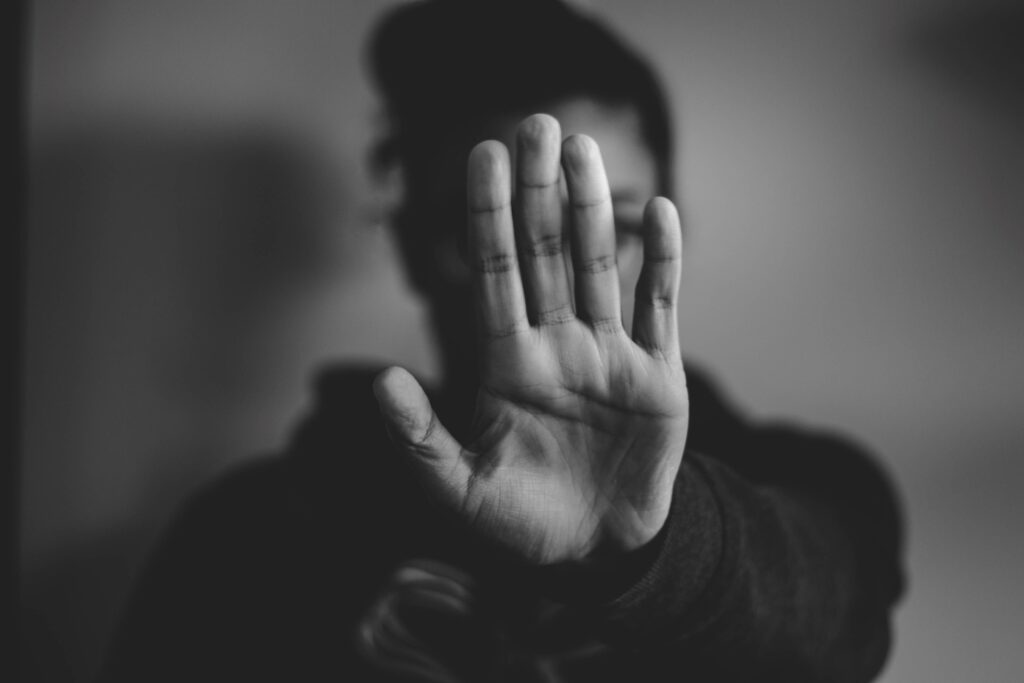Until about 30 years ago, physical punishment of children was completely acceptable in the world, while now this type of treatment of children is prohibited by law. That perspective began to change as studies found links between physical punishment and childhood aggression, delinquency, and spousal violence in later life.
No matter what the child has done, physical or mental pain cannot be inflicted on it. Corporal punishment is associated with a range of mental health problems in children, youth and adults, including depression, unhappiness, anxiety, feelings of hopelessness, drug and alcohol use and general psychological maladjustment.
Research reveals that hitting children does not teach them responsibility, conscience development and self-control, and does not teach them to know right from wrong. Besides, children learn by watching their parents. Parents who use physical discipline teach their child to resolve conflicts with physical aggression. Children who have suffered violence from their parents are prone to commit violence not only towards their family, but also towards other people. They can become bad people and cause consequences to society. A child can very easily have a lack of self-confidence if a parent beats it. Researchers have found that spanking can increase a child’s level of aggression as well as decrease the quality of their relationship. Other studies have found that physical discipline by parents can escalate into abuse.

Nowadays, there are still people who say: ” The beating stick came from heaven” or “I was also beaten by my parents all the time, so I knew the order”. Such people themselves suffer from the consequences of their parents’ abuse and have been taught this from a young age. The child will accept it as a model of behavior and will apply such a way of education to his children.
Physical punishment can really endanger a child because there are many people who have no measure in this violence against a child, which has happened countless times. Very often we can see articles in newspapers where such things happen.
So there are far better alternatives to physically punishing a child that rely on respectful communication and collaborative conflict resolution. Parents should give guidance to children about what to do differently. Overall, there is no evidence that children will learn better or behave better when a parent physically punishes them.
Such a way of education cannot achieve anything, but only causes great psychological and mental consequences for that child. In addition, people who raise their child in this way will be criminally liable before the law or will be deprived of parental rights and the child will be sent to another place, to a better family.